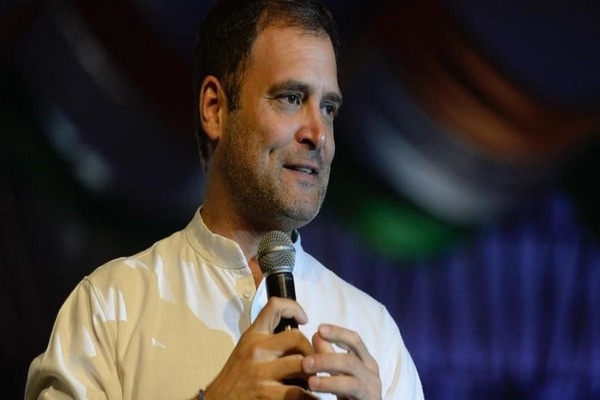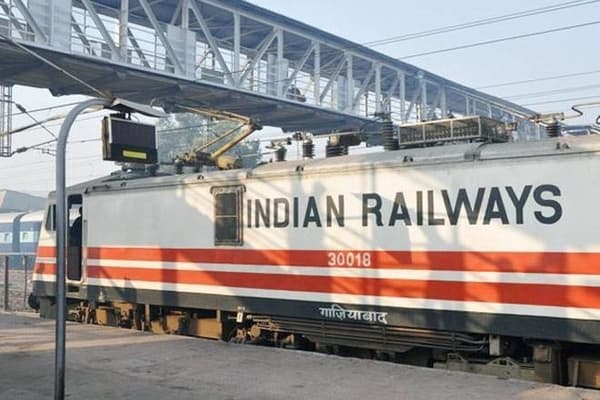What is NYAY Scheme 2019: Nyuntam Aay Yojana announced by the Congress President Rahul Gandhi is an income guarantee scheme, being touted as the final attack on poverty. Under it, Rs 72,000 will be provided to the poorest 5 crore families or 25 crore people in India.
The announcement came days before the beginning of Lok Sabha elections 2019. Earlier, Prime Minister Narendra Modi has launched PM-KISAN, a minimum income guarantee scheme, in the interim budget 2019. Under it, 6,000 will be given per year to small and marginal farmer families having combined land holding of upto 2 hectares.
The sluggish agricultural growth combined with rising cost of living in rural areas has made the life of rural folks miserable.
The NYAY scheme mentioned in the Congress election manifesto 2019 is expected to cover 20 percent of the poorest families in India. The move would provide a safety net to the poor against shocks such as income fluctuation, lack of employment and health issues.
A minimum monthly handout of Rs 6,000 to poor households, those with a monthly income of Rs 12,000 or less and as far as possible, the money will be transferred to the bank account of a woman in the family.
The scheme costing 3.6 lakh crore to the exchequer will be implemented in phases and would be a joint scheme of central and state government. The estimated cost will be less than 1 percent of the GDP in the first year, and less than 2 percent of the GDP in the second year and thereafter. Further, as the nominal GDP will grow by pulling out the families out of poverty, the cost is expected to decline as a proportion of the GDP.
No increase in income tax would be made to fund the scheme, said Rahul Gandhi. Instead, the money will be raised via new revenues and rationalisation of the government expenditure, he added.
A 3 months design period would be followed by the pilot and testing period of 6-9 months, before the final rollout of the plan. Moreover, an independent panel of experts including economists, social scientists and statisticians have been proposed to oversee the design. testing, rollout, and implementation of the scheme. Each stage of the scheme would be implemented after the approval by this panel.






